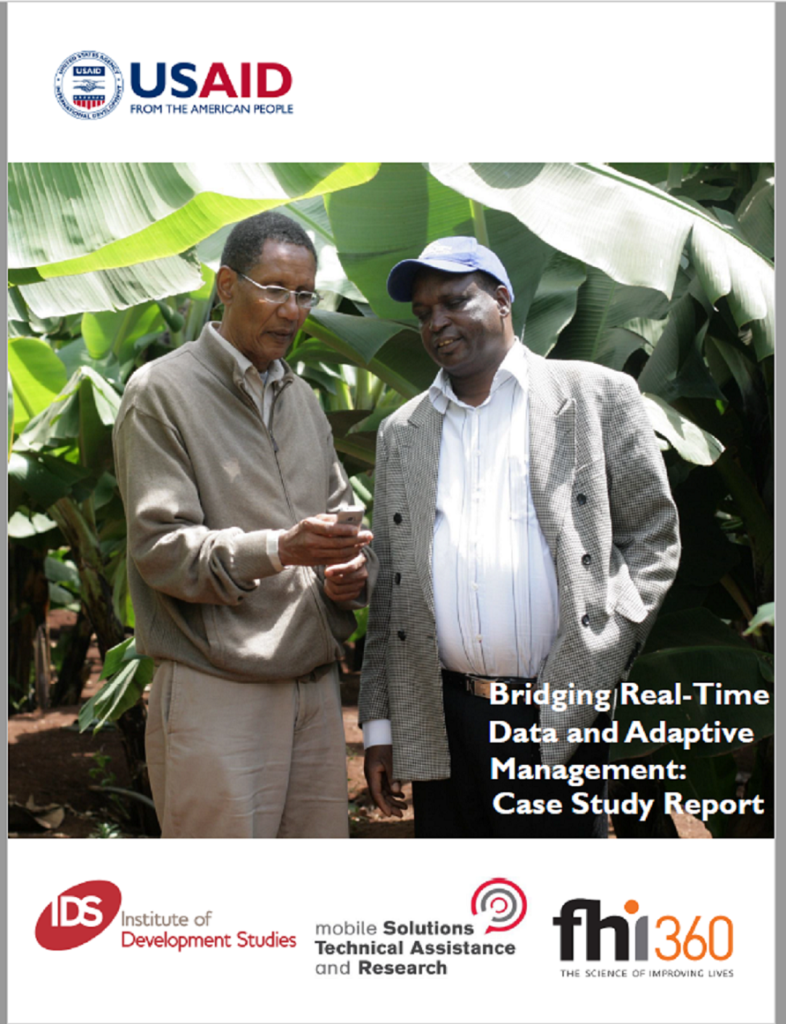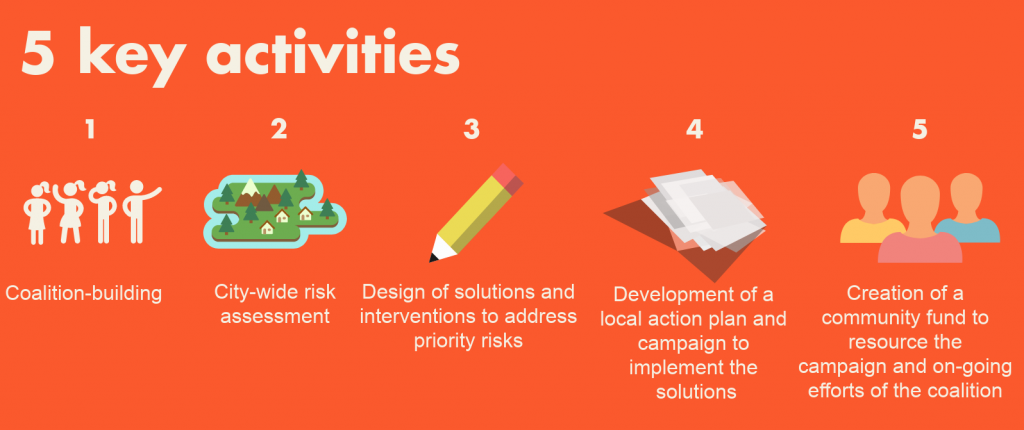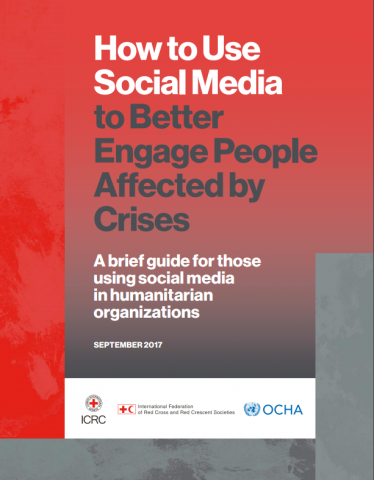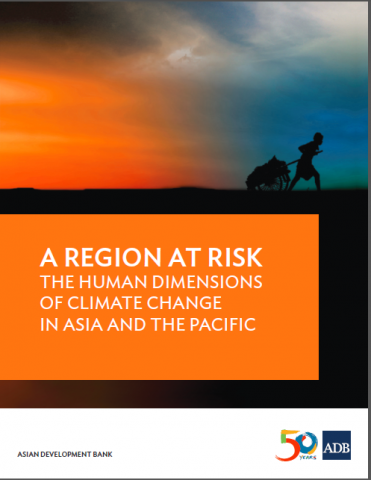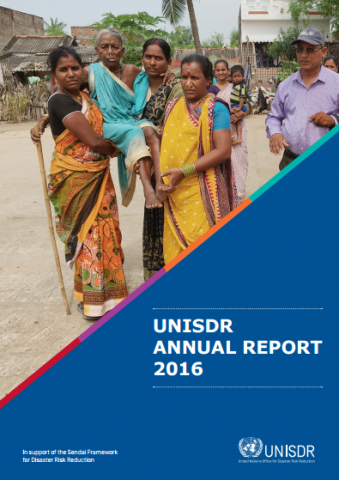Bridging Real-Time Data and Adaptive Management
The case studies show that real-time data systems can, in the right circumstances and with the right enabling conditions, enable adaptive management. In settings where there are no political or institutional constraints to adaptation—and where the timeliness of information is the binding constraint on strategic and operational improvements—real-time data systems can underpin and catalyze data-driven […]
Bridging Real-Time Data and Adaptive Management Read More »

